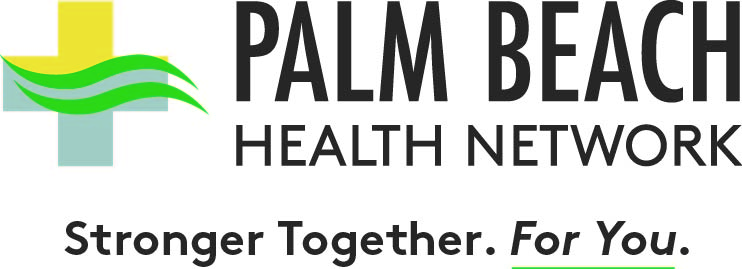Healthy Living
10 Signs and Symptoms of ADHD in Adults
About 10 million adults live with attention-deficit/hyperactivity disorder (ADHD). The actual numbers of people with this condition could be higher, though, as many people with ADHD are left undiagnosed.
What Is ADHD?
ADHD is a neurodevelopmental disorder that usually starts in childhood but may also last into adulthood. It affects a person’s behavior, thinking and decision-making in many different ways. ADHD shouldn’t remain untreated as its signs and symptoms may interfere with the person’s (and their loved ones’) relationships and quality of life.
What Are the Signs and Symptoms of ADHD in Adults?
If you or someone you know have the following signs and symptoms of ADHD, please consult a doctor for proper diagnosis and treatment.
1. Difficulty maintaining attention
This may include being easily distracted, overlooking important details, finding it hard to listen to other people and not being able to complete tasks or projects.
2. Memory problems
A person with ADHD may experience forgetfulness more often than a person without ADHD.
3. Time management issues
Adults with ADHD are more prone to procrastinate, ignore tasks they may find boring and/or show up late for important events or appointments.
4. Impulsivity
This can manifest in several ways for adults with ADHD. They can rush through tasks, live in the moment and do what they want regardless of the potential consequences of their actions, interrupt others during a conversation and become socially inappropriate.
5. Mental, mood or conduct disorders
This may include depression, anxiety, restlessness, stress, shifts in mood and chronic feelings of guilt, frustration or blame.
6. Negative self-image
Adults with ADHD are usually overly critical of themselves. They may be insecure about having memory concerns and concentration difficulties leading to a negative self-image.
7. Relationship problems
Impulsivity, inattentiveness and mood, mental or conduct disorders can lead to relationship problems, whether romantic partners, workmates, friends or family members.
8. Fatigue
Fatigue may due to hyperactivity, side effects of ADHD medications, sleep concerns or the extra effort to stay focused on their tasks.
9. Substance abuse
Some people with ADHD misuse substances such as alcohol, tobacco and/or drugs in the hopes of relieving anxiety, improving focus and sleeping better.
10. Inconsistent performance at work or school
ADHD can make it harder for people to consistently take on their day-to-day responsibilities and perform well at work or in school.
How to Treat ADHD in Adults
There are a wide variety of treatment options for people with ADHD depending on the severity of their condition. Doctors may recommend one or a combination of the following:
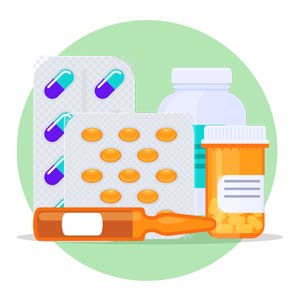 Medication |
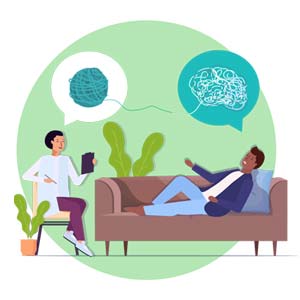 Cognitive behavioral therapy (CBT) |
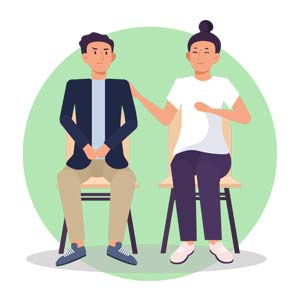 Behavioral interventions |
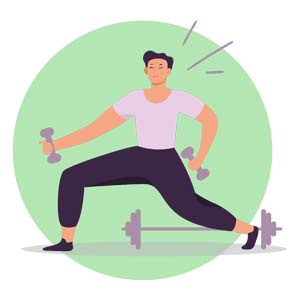 Managing stress |
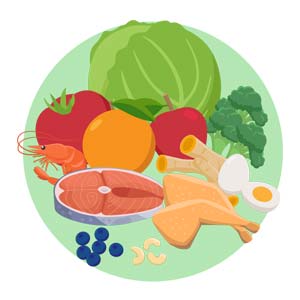 Eating a healthy, balanced diet |
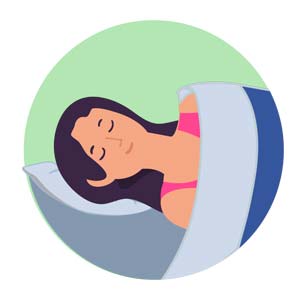 Getting enough sleep |
Doctors may also encourage the family members or loved ones of people with ADHD to attend counseling sessions or seminars to understand how they can also help the person with ADHD live a better life.
Sources:
CHADD
Centers for Disease Control and Prevention
Healthline
